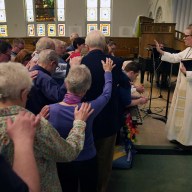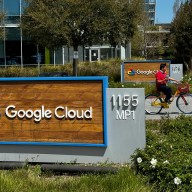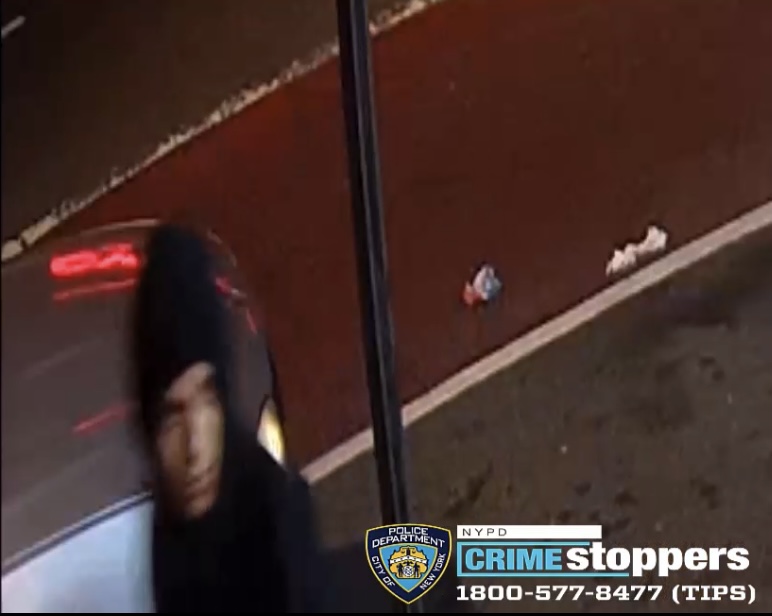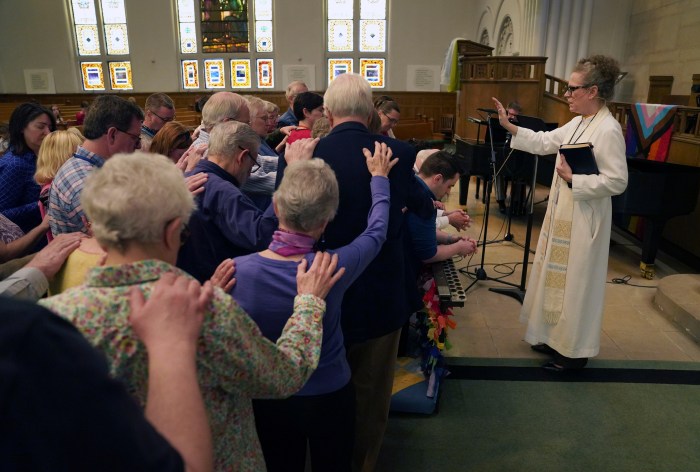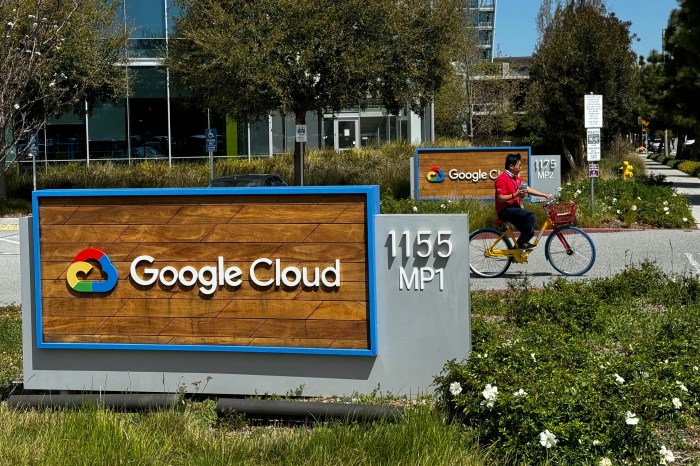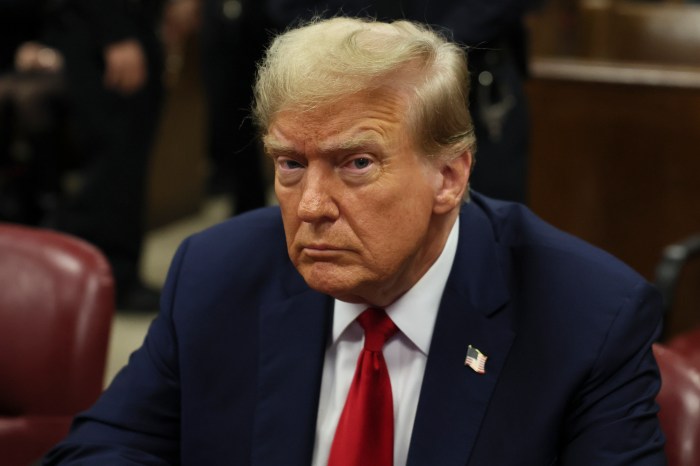Fare increases and service cuts proposed by the MBTA won’t just be bad for your wallet, they could also be bad for your health.
T officials have said the loss of riders from the increased fares and cut service could push riders back into their cars and on the roads.
Researchers from Tufts University claim the adverse effects of pollutants emitted by those excess vehicles could lead to serious health risks.
“If there is more air pollution from cars … it is likely to lead to an increase in cardiovascular disease and mortality,” said Dr. Doug Brugge, professor of public health at Tufts Medical School.
Brugge, the principal investigator of a five-year study examining air pollution in neighborhoods bordering Interstate 93, said breathing in car exhaust over a period of years leads to inflammation of the lungs and contributes to heart attacks.
Advocates against the T’s proposals said the cuts are a step backward for the state.
“They are proposing to cut 101 bus lines,” said Rafael Mares, staff attorney with the Conservation Law Foundation. “[If] there is no other way for people to get around, they will be driving.”
Mares works with Transportation for Massachusetts (T4MA), a group battling the proposed cuts.
The T released two proposals earlier this month which included the option of eliminating Commuter Rail service and the Green Line’s E train on the weekends, as well as ferries.
“People are going to be driving in [to the city] if there is no commuter services on the weekends,” said Mares. “When people drive more, all that exhaust has a negative air quality impact.”
John Walkey, a coordinator for T4MA, said increased public transportation is the “number one option to reduce greenhouse gases.”
“Anything that is a detriment or deterrent to people getting on the T is something we are fighting,” he said.
Loss of ridership
T officials estimated losses in trips due to service cuts and fare increases outlined in two proposals:
Proposal 1: 48.6 million annual unlinked trips
Proposal 2: 64.2 million annual unlinked trips
Follow Steve Annear on Twitter @steveannear







